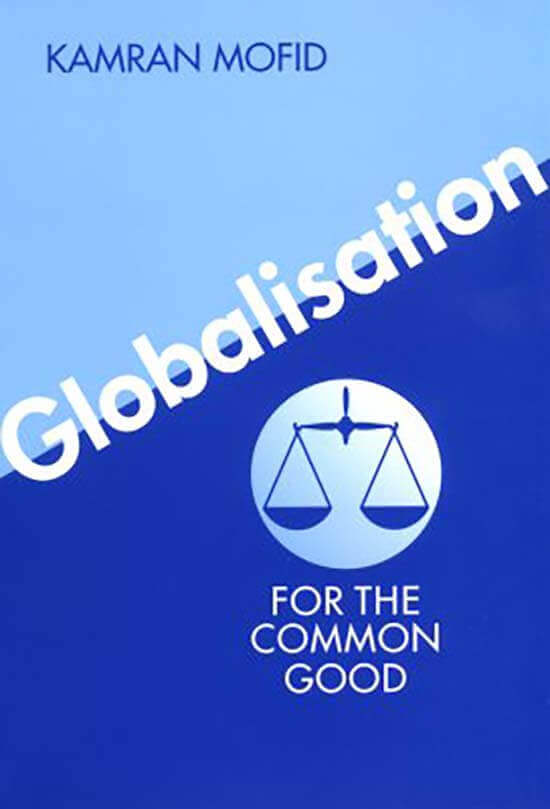Anthony Werner, the Managing Director of Shepheard-Walwyn was invited to attend the Dialogue of Civilizations at the World Public Forum held on the island of Rhodes last October. Here is an excerpt from his paper, which has now been published in the Journal of Globalisation for the Common Good:
‘Give us a guide,” cry men to the philosopher. “We would escape from these miseries in which we are entangled. A better state is ever present in our imaginations, and we yearn after it; but all our efforts to realize it are fruitless. We are weary of perpetual failures; tell us by what rule we may attain our desire.’
Witnessing the misery and poverty of mid 19th century Britain, Herbert Spencer, began his Social Statics with the above words. He had in mind, perhaps, Plato’s Republic on the role of the philosopher in educating a political elite – the guardians, as he called them. One of the best known passages from that work is that the human race ‘will never have rest from its evils until philosophers are kings, or kings have the spirit and power of philosophy, and political greatness and wisdom meet in one’.
In view of the present state of the world, I think we can agree that humanity has not yet found ‘rest from its evils’. In this paper we will explore whether there is any particular wisdom to be found in Political Economy that can guide a future political elite in lessening the evils currently suffered by humanity.
Political Economy, or Economics as it is now called, was not a distinct discipline at the time of Plato. It only became a special study in the second half of the 18th century, first in France under the Économistes, or Physiocrats as they are more commonly called, and then in Britain with Adam Smith, often referred to as the ‘father of modern economics’. Economics emerged as a distinct subject in circumstances similar to the ones we are now facing, a mal-functioning of the economic order, which led thinking men and women to ask whether there might be a better way. Likewise the Great Depression of the 1930s led to the emergence of Keynesian economics which has come back into fashion as a way of dealing with the present crisis, with many attributing the current turmoil to market failure, but, as will be argued in this paper, it is really a failure of governance.







